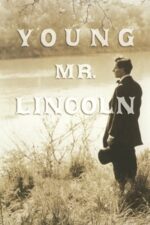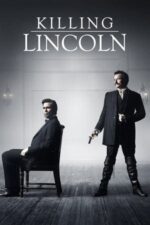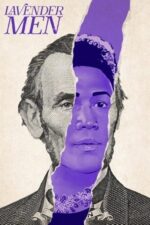More Than Just a Beard: Exploring Abraham Lincoln Through Cinema
Okay, let's talk about Abraham Lincoln on film. It’s fascinating how much this one figure – seemingly frozen in history textbooks with that iconic beard – continues to spark our imaginations and inspire storytelling across genres. He's become more than just a president; he’s a cultural touchstone, a symbol of unity during division, and a surprisingly fertile ground for cinematic exploration.
What strikes me about films centering on Lincoln isn’t just the historical retelling (though those are valuable!), but how they use his story to reflect anxieties and concerns of their own time. Take, for instance, “Death of a Nation.” Now, I'm not necessarily endorsing its perspective, but it highlights something interesting: our tendency to draw parallels between past and present, often using Lincoln as a measuring stick. The film’s framing—connecting his era’s political turmoil with contemporary debates—speaks volumes about our own polarization and the search for historical precedent in moments of societal upheaval. It's a bit like how people sometimes compare Trump's rise to that of Napoleon – it’s less about understanding those figures precisely, and more about trying to make sense of now.
Then there's something truly unique, like "Lavender Men." The sheer audacity of imagining Lincoln in a surreal dance sequence within someone's psyche! It sounds bizarre on paper, but it brilliantly underscores the enduring power of historical figures as symbols. For a queer person of color exploring identity and belonging, summoning Lincoln isn’t about reverence; it's about grappling with America’s complex history – the good, the bad, and everything in between. I remember feeling something similar when I saw Spike Lee’s "Malcolm X" – the way Malcolm invoked historical figures to anchor his own narrative felt deeply resonant.
Beyond these more experimental approaches, films like “Abraham Lincoln” (the biopic) and "The Better Angels" offer different entry points. The former provides a chronological overview, hitting all those key moments—the Douglas debates, the Civil War leadership, the tragic assassination – while “The Better Angels” takes us back to Lincoln’s childhood in Indiana, showing how hardship and loss shaped his character. It's humbling to see that even legends have vulnerable beginnings. The image of a young Abe, learning from both his parents and then finding solace with a stepmother… it humanizes him in a way textbooks rarely can.
Even thrillers like “The Tall Target,” where Lincoln’s journey to Washington becomes a tense race against an assassin, show how the figure has become synonymous with national destiny. And "The Prisoner of Shark Island" offers a compelling perspective through the eyes of Dr. Mudd, forcing us to confront the messy realities of justice and consequence in a post-war America.
Ultimately, films about Lincoln aren't just historical dramas; they are mirrors reflecting our own anxieties, hopes, and evolving understanding of American identity. So, which one should you watch? That really depends on what you’re looking for – a sweeping epic, an introspective character study, or perhaps something a little more… unexpected.
What do you think? Have any of these films sparked your interest?






























